Question Types and Tools for Formative Assessments in ELearning

In the previous blog, we have looked at the importance of formative assessments in eLearning. In this blog, we’ll look at the different types of questions that can be used in formative assessments. We’ll also look at the types of questions possible in different tools.
As already seen, different types of questions can be used in formative assessments, because there are no tracking issues, whereas, question types are restricted in summative assessments to avoid tracking issues.
Let’s look at the question types used in different tools:
In Adobe Flash, different types of questions can be developed based on client requirements.
Here are a few screenshots from our courses: football (soccer), golf, speedometer, customized drag and drops, etc
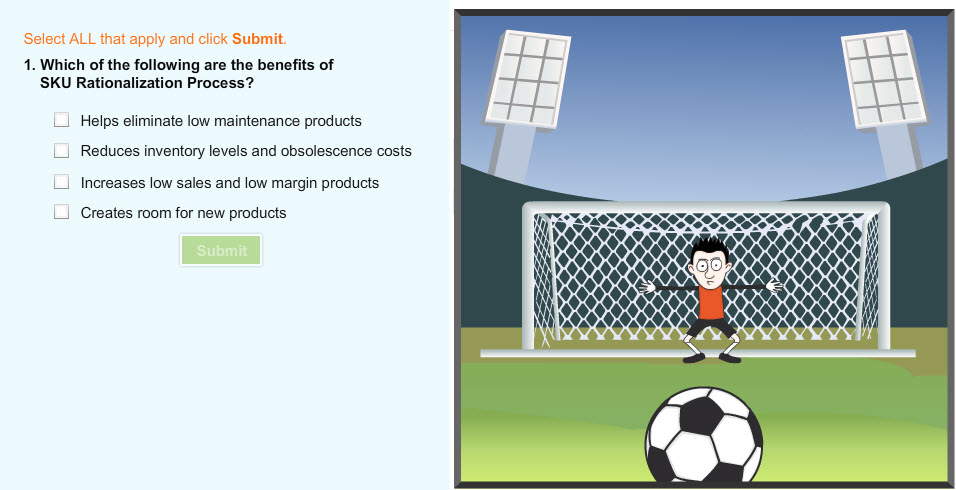

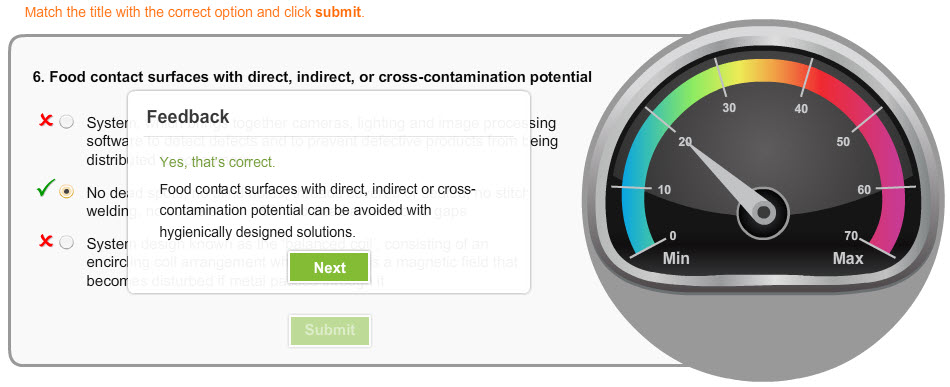
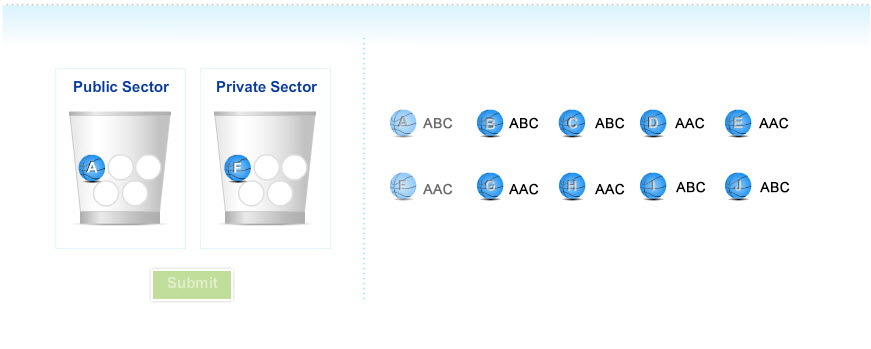
In Articulate Studio and Storyline, different types of inbuilt question types are available, such as drag and match, drag and drop, drop-down, etc., apart from true or false, single select and multiple select.
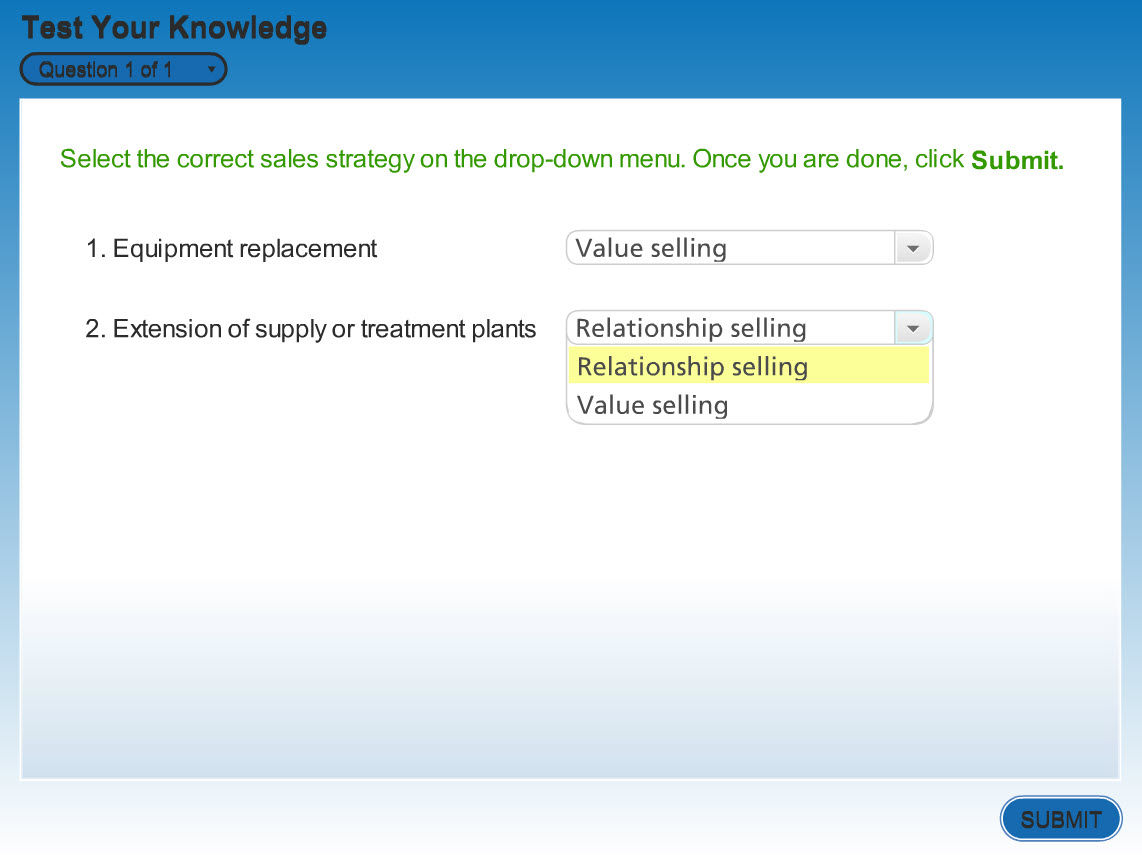
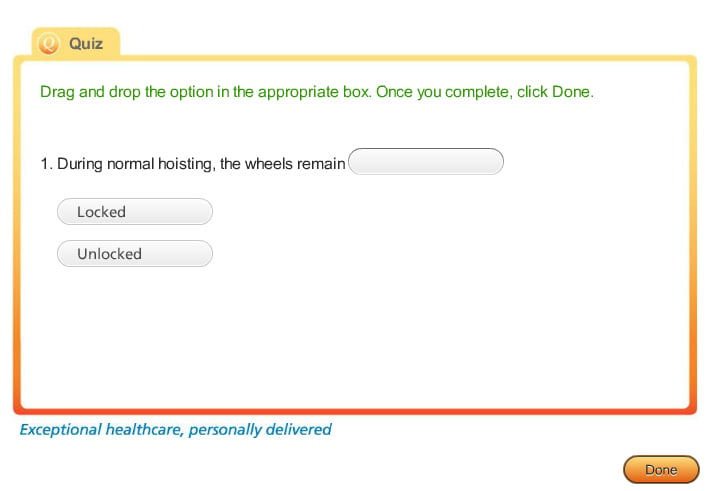
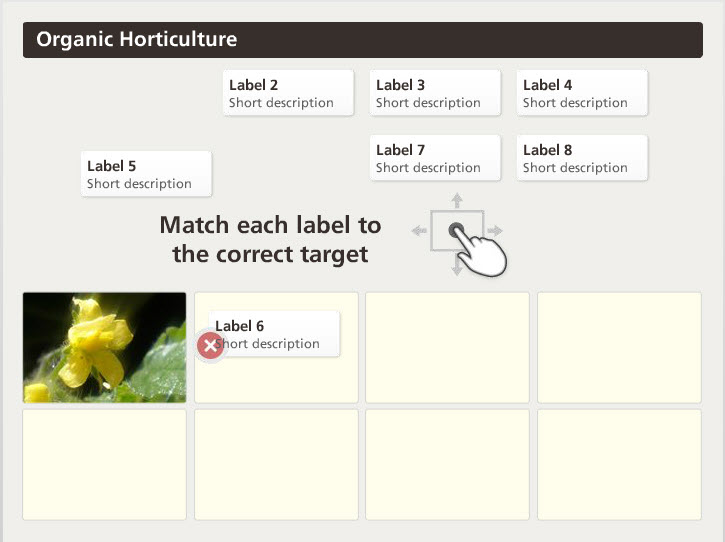
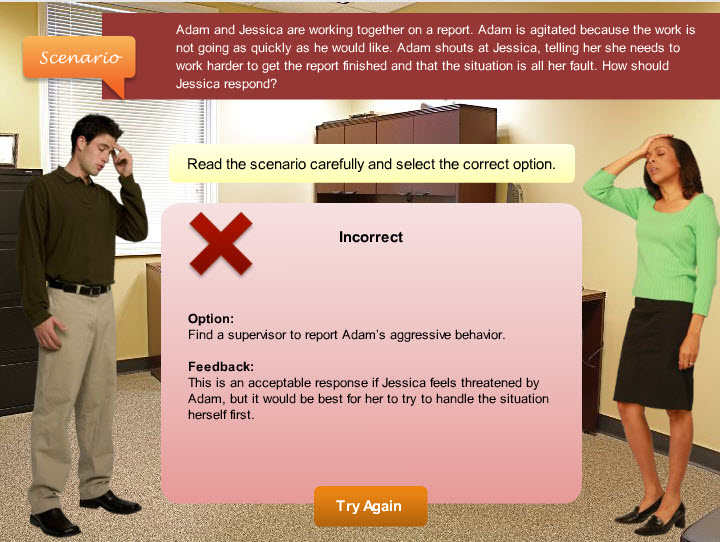
In Lectora, there are various question types, such as drag and drop, match the following, true or false, single and multiple select.
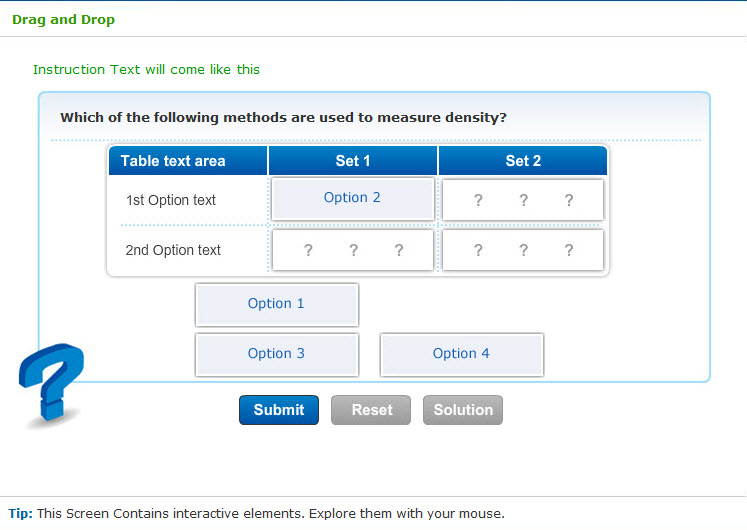
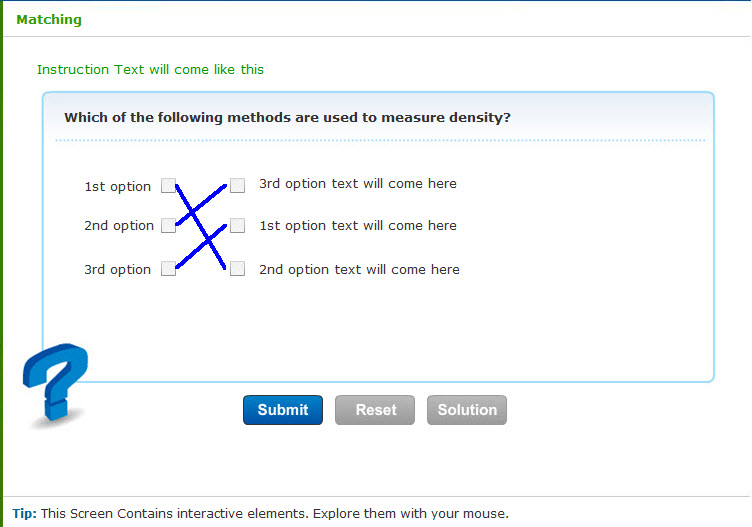
Using these questions in formative assessments is engaging and reinforces learning as well.
Based on the learning objectives and content, question types can be selected. More particularly, for summative assessments, question types should be related to the learning objectives.
Different question types can be used in formative assessments, based on the content. Formative assessments reinforce learning.



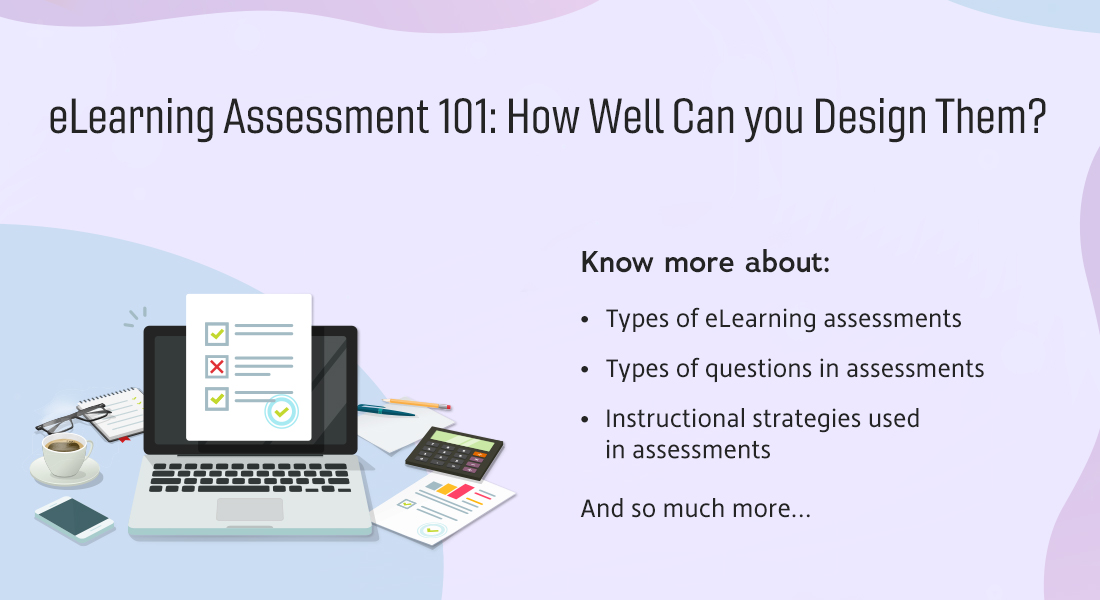
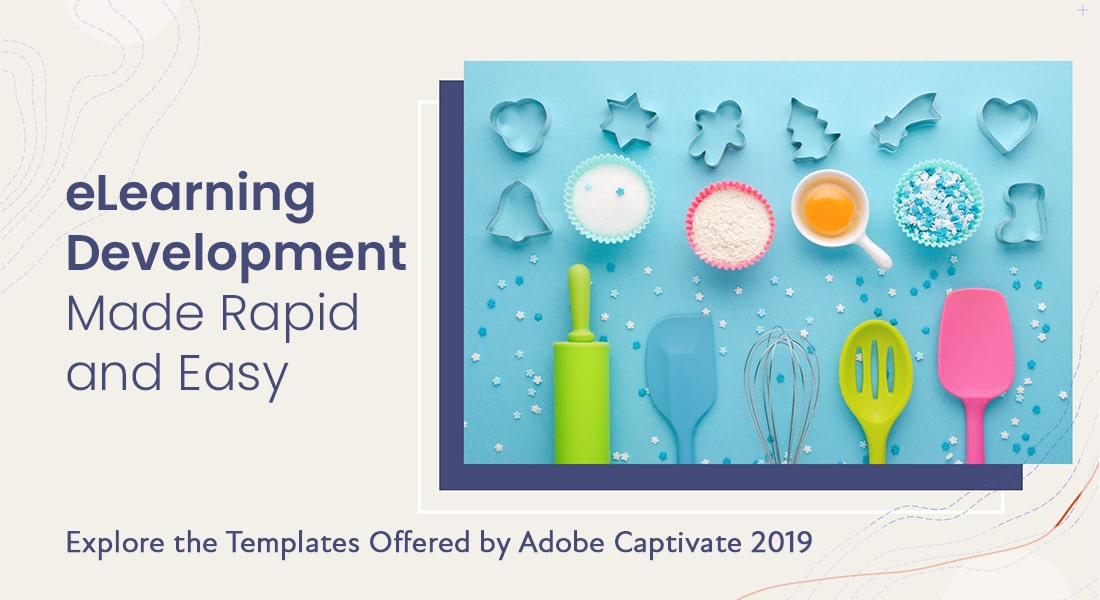
![4 Questions on Performance-based eLearning Assessments Answered! [Infographic]](https://blog.commlabindia.com/hubfs/Imported_Blog_Media/elearning-assessment-design-considerations-1.jpg)